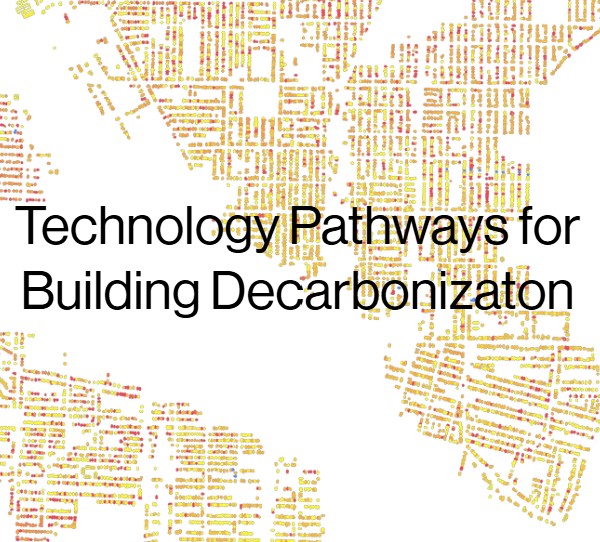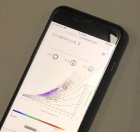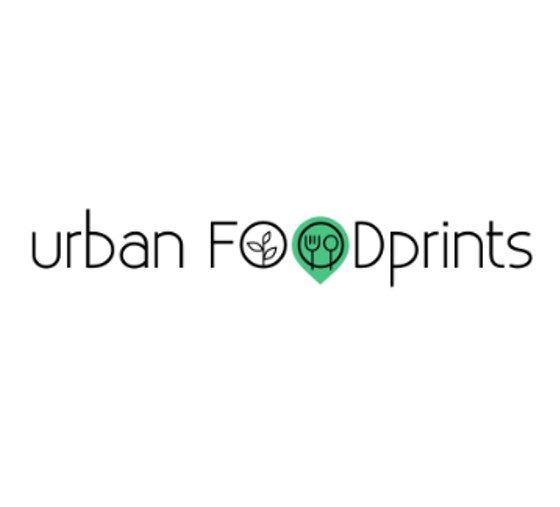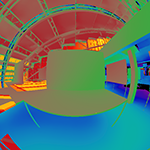Over the years our lab has developed and spun out a series of software tools to support, architects, engineeering consultants, urban planners, municipalties
and homeowners to make more informed design/buying decisions. A collection of those inititatives, some of which have evolved into commercial products, are
shown below.

UBEM.IO(since 2021) is a free web service to support municipal governments and urban design teams to develop
carbon reduction pathways for for existing buildings or new developments..

Urban Modeling Interface (umi) (since 2012) is an
effort by the Sustainable Design Lab to develop an urban modeling platform to evaluate the environmental performance of neighborhoods and cities
with respect to operational and embodied energy use, walkability and daylighting potential.

ClimaPlus (since 2020) is an early-stage design web-app, developed to facilitate the design of naturally ventilated and hybrid/mixed-mode buildings
that combine energy-efficiency with occupant thermal comfort. The tool is being used for teaching in a residential course at MIT, as well as in a Massive Open Online Course (MOOC)
on Sustainable Building Design that we developed in collaboration with the MIT Energy Initiative.

Urban Foodprints(since 2020) is a calculator for both calories and carbon content of your diet.

ACCELERAD (since 2014) is a free suite of programs for lighting and
daylighting analysis and visualization. The suite uses physically-based backward ray tracing algorithms inspired by
RADIANCE. These algorithms are accelerated up to twenty times faster
using OptiX™, a ray tracing engine built for the graphics processor unit (GPU).

mapdwell (20212 to 2021) In 2012 we developed a solar mapping technique that reliably
predicts the annual electricity yield from photovoltaic arrays located across urban rooftops. This project grew into a spinoff called
Mapdwell that provides urban mapping services across the United States and other countires.
In 2021, Mapdwell joined Palmetto Clean Technology.

DIVA-for-Rhino (2009 to 2021) was a highly optimized daylighting and energy
modeling plug-in for Rhinoceros 3D, a NURBS modeling software. DIVA was originally developed by members of our lab when we were at Harvard's Graduate
School of Design. It was then actively expanded and distributed by Solemma LLC. Solemma LLC is now distributing the ClimateStudio tool suite.
Daysim (since 2001) is a validated, RADIANCE-based
daylight simulation engine that models the annual amount of daylight in and around buildings. DAYSIM allows users to model dynamic facades
systems ranging from standard venetian blinds to state-of-the-art light redirecting elements, switchable glazings and combinations thereof.